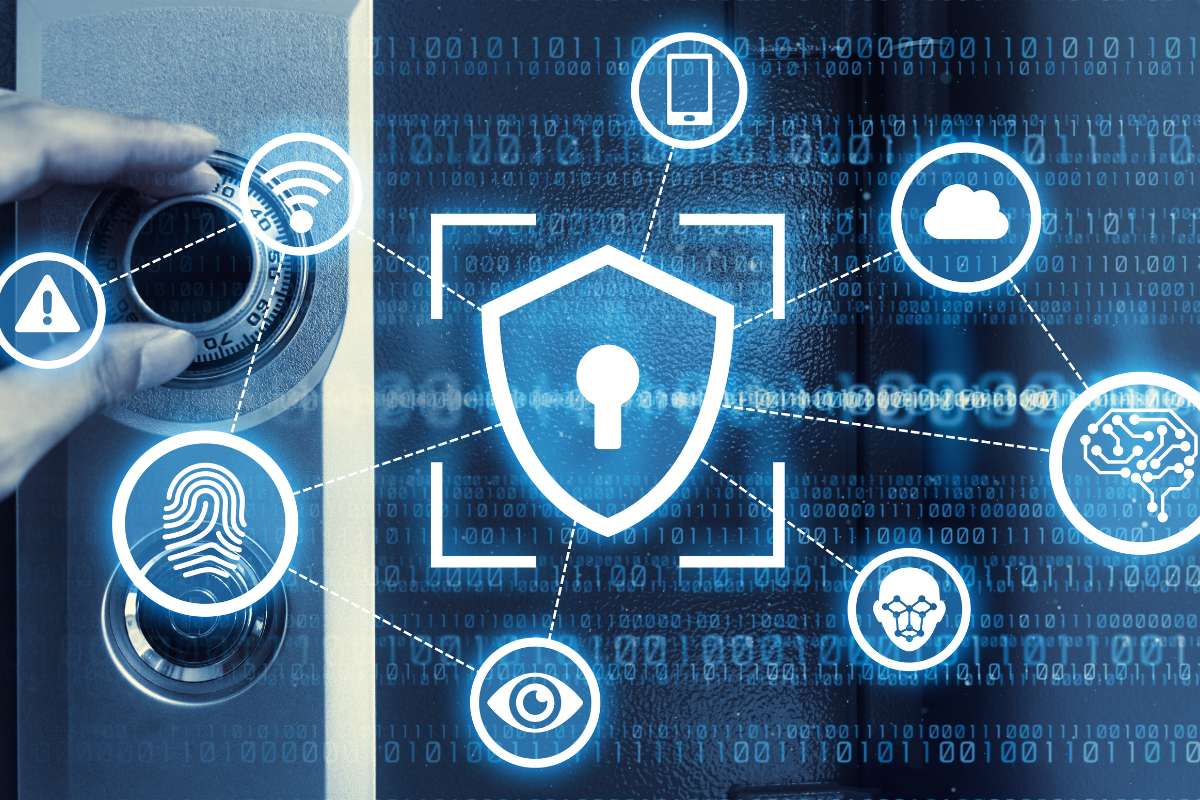Nevada government systems experienced widespread disruptions this week after a network security incident identified on Sunday forced websites, phone lines, and in-person services offline across the state.
According to the Nevada Governor’s Office, the incident led to temporary closures of several state services, including the Nevada Department of Motor Vehicles (DMV), police access to certain databases, and the shutdown of various websites. Emergency services, however, remained fully operational, ensuring public safety was not compromised.
How the Incident Unfolded?
The disruption began Sunday, August 24, 2025, when officials identified irregular activity on the state’s network. As recovery efforts progressed into Monday, multiple agencies reported service interruptions. By late Monday evening, the Governor’s Office confirmed that state offices would remain closed Tuesday while cybersecurity teams worked to restore operations.
The Nevada Department of Motor Vehicles was among the hardest hit, with offices closed statewide and its website offline. The agency quickly posted guidance, allowing individuals with scheduled appointments to walk in over the next two weeks without rescheduling.
Other agencies reported downstream impacts. North Las Vegas police temporarily lost access to Nevada Department of Motor Vehicles databases, limiting their ability to verify records during traffic stops and investigations. The Las Vegas Metropolitan Police Department also reported delays in processing work cards and concealed carry weapons permits, though citizens were still able to file reports.
Transportation services were disrupted as well. The Regional Transportation Commission of Southern Nevada temporarily shut down freeway cameras and digital signage “out of an abundance of caution.” Nevada State Parks headquarters in Carson City closed, and cash-only transactions were required for park entry fees.
Cybersecurity Response and Public Guidance
State officials emphasized that recovery efforts prioritized both restoring services and ensuring systems were safe before being reactivated. The Governor’s Technology Office confirmed there was no evidence that personally identifiable information had been compromised. Likewise, there was no effect on private home internet or mobile services for Nevada residents.
The state issued a clear warning to the public: be wary of phishing attempts during the outage. “Be cautious of unsolicited calls, emails, or texts asking for personal information or payments,” the official statement read. “The state will not ask for your password or bank details by phone or email.”
Cybersecurity experts note that incidents of this scale can create openings for opportunistic cybercriminals, who may attempt to exploit public uncertainty. By reinforcing safe practices such as verifying official websites and avoiding suspicious links, its officials aimed to limit secondary risks.
The FBI is assisting in the investigation, working with state teams to identify the source and scope of the incident. Although details remain under review, officials stressed that validation and security checks must be completed before all systems return to normal.
Broader Lessons for Cybersecurity Preparedness
While the full impact of it’s network disruption is still unfolding, the incident highlights the critical importance of cybersecurity resilience in government services. Agencies that provide essential functions—ranging from licensing and transportation to public safety—are increasingly reliant on digital networks. A single vulnerability can cascade into widespread disruptions affecting residents statewide.
The Nevada Department of Motor Vehicles incident underscores several key lessons:
- Redundancy is vital. Agencies must maintain secure backup systems to continue operations during outages.
- Public communication is critical. Clear updates help limit confusion and reduce opportunities for misinformation.
- Cyber hygiene matters. Educating the public about phishing risks and digital safety is as important as restoring services.
As government agencies across the United States modernize their digital infrastructure, experts say incidents like Nevada’s serve as reminders that investment in cybersecurity must keep pace with technological dependence. For residents, the key takeaway is the same: stay vigilant, verify information through official channels, and adopt safe practices online.
Conclusion
Nevada Department of Motor Vehicles ongoing recovery demonstrates both the challenges of managing large-scale cybersecurity incidents and the importance of coordinated response. While emergency services continued uninterrupted, the disruption to daily government functions reinforced how essential digital security has become in modern governance. For Nevadans, the event is a reminder that resilience against cyber threats depends on both robust state infrastructure and informed public awareness.






